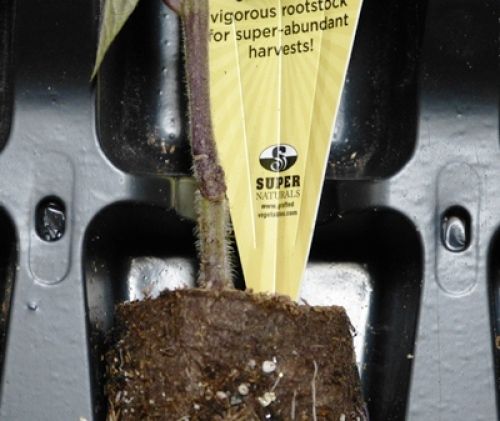
Grafted vegetables aren’t a new invention, but they are gaining attention from home gardeners across the country. These new lines of tomatoes, eggplant and peppers are meant to grow stronger, healthier plants and increase yields.
Plant and seed companies, like Territorial Seed Company and Burpee, have added grafted vegetables to their catalogs. Grafted vegetables use the age-old method of propagating plants by attaching the top part of one plant, called the scion, with the root system of another plant, called the rootstock. It’s a process that’s done by hand and is similar to the one used for grafting grapes, fruit trees, and even roses.
One advantage to grafted vegetables is that a great-tasting heirloom tomato can be grafted to the rootstock of a tougher tomato that’s better equipped to fend off common garden issues, especially soilborne diseases.
In grafting trials for organic heirloom tomato production at North Carolina State University, researchers found that grafting provides a site-specific management tool for soilborne diseases (like verticillium wilt) and using rootstocks increases yield through added vigor and nutrient uptake.
Horticulturists have known this since the 1920s when growers used grafted plants to prevent fusarium wilt of melons in Asia. Now nearly all tomatoes commercially grown in Korea, Japan, and Australia are grafted.
Home gardeners, especially those of us who garden in areas of the country with poor soil, are the beneficiaries. What gardener wouldn’t want to reap double, triple or even quadruple the typical crop of tomatoes?
Grafted tomatoes can even give gardeners with small gardens the chance to grow two tomatoes on one plant. Territorial Seed sells a combination of Sungold and Sweet Million; Brandywine and Grande Marzano.
When planting grafted tomatoes, the graft has to be above the soil line and side shoots that form below the graft have to be pruned. There are additional pruning and staking instructions depending on whether the tomato is a determinate or indeterminate variety.
In May the folks at Log House Plants, an Oregon wholesale nursery, sent me three, free Mighty ‘Mato grafted tomato varieties to try in my garden in support of the national Plant a Row for the Hungry program. The goal was to help maximize the number of tomatoes donated to local food pantries.
Of the three varieties of Mighty ‘Matoes I planted, the grafted Brandywine performed the best. I’ve grown ungrafted plants of this heirloom favorite in the past and have always been disappointed with the small amount of tomatoes I harvested each time. With the grafted Brandywine, I did harvest about twice the typical crop.
Fine Gardening Recommended Products
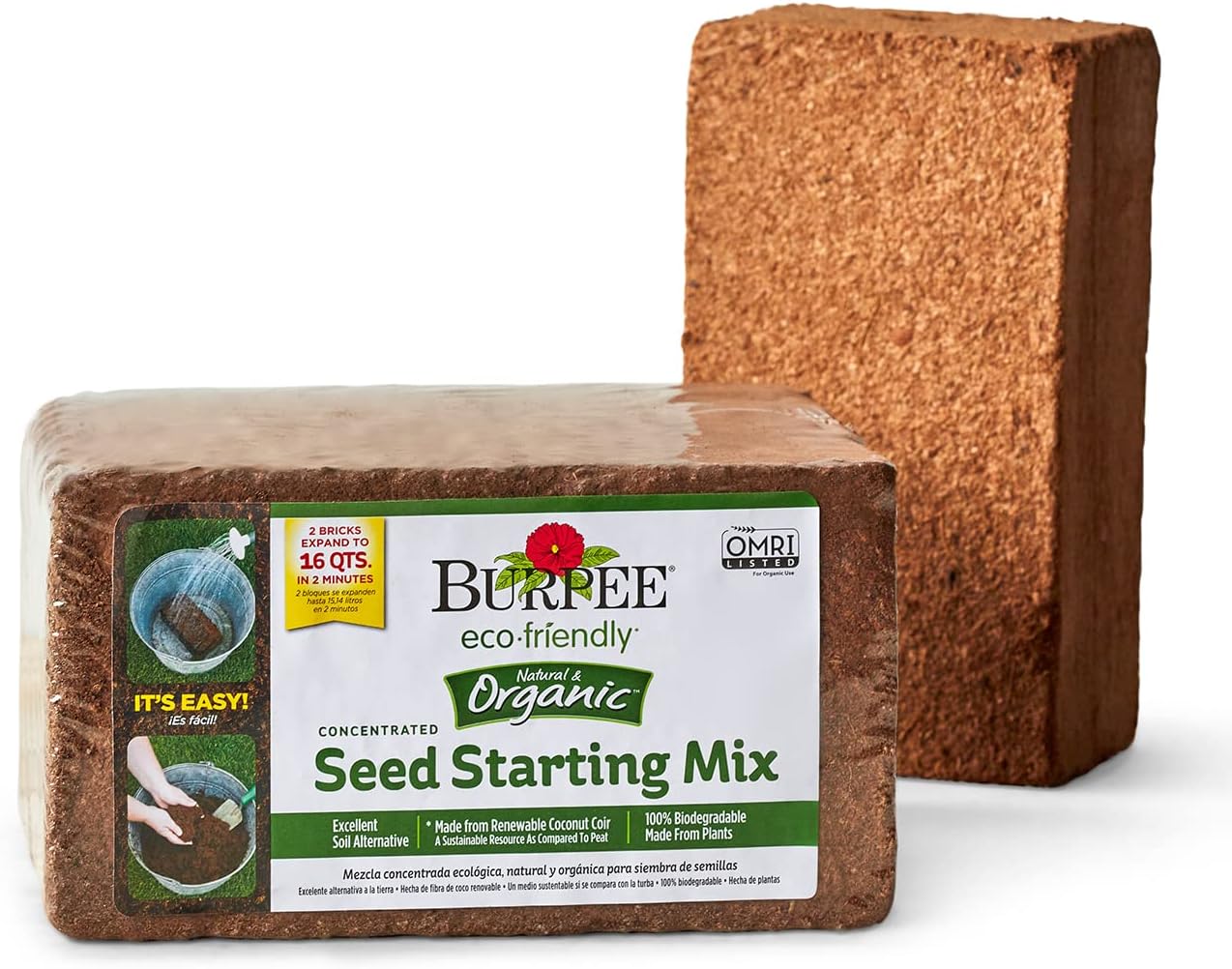
Burpee Organic Coconut Coir Concentrated Seed Starting Mix, 16 Quart
Fine Gardening receives a commission for items purchased through links on this site, including Amazon Associates and other affiliate advertising programs.
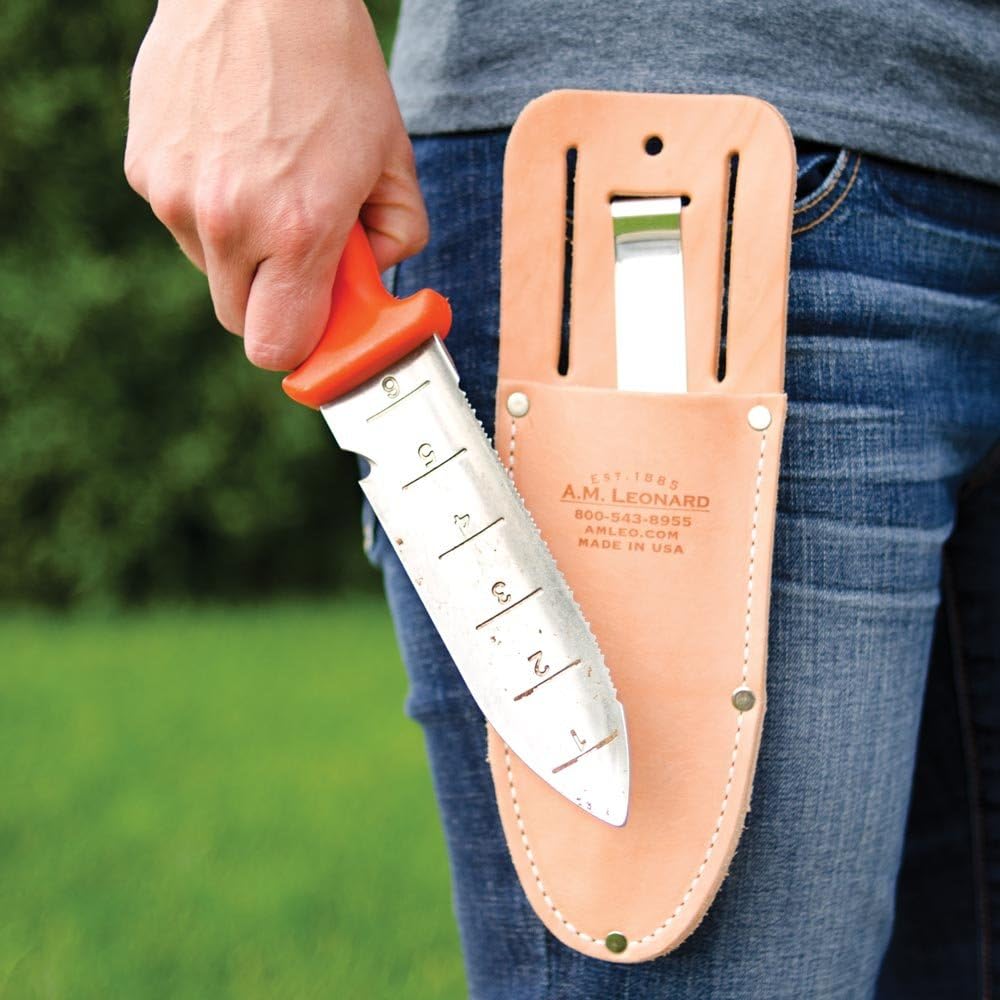
A.M. Leonard Deluxe Soil Knife & Leather Sheath Combo
Fine Gardening receives a commission for items purchased through links on this site, including Amazon Associates and other affiliate advertising programs.
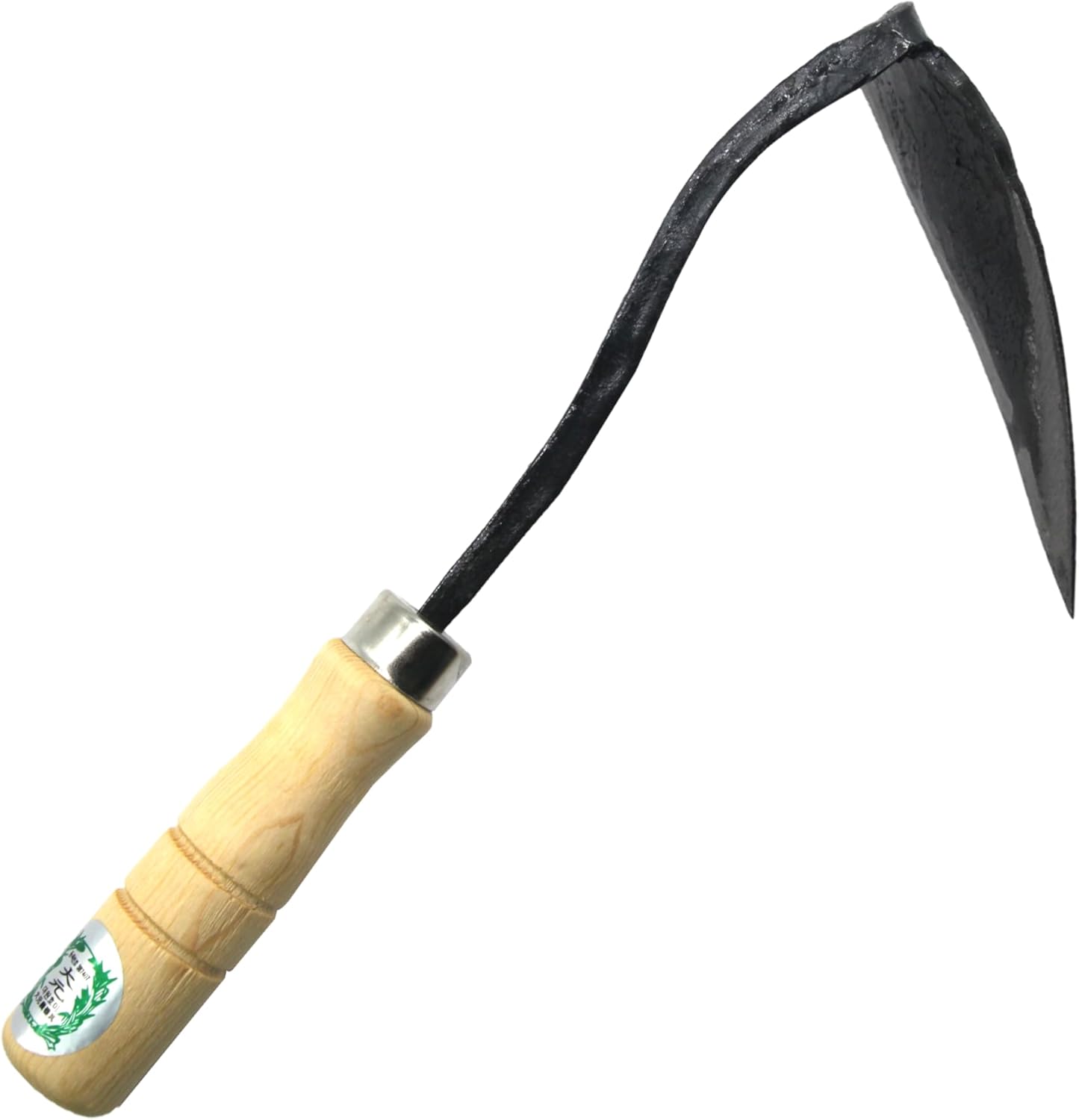
Ho-Mi Digger - Korean Triangle Blade
Fine Gardening receives a commission for items purchased through links on this site, including Amazon Associates and other affiliate advertising programs.


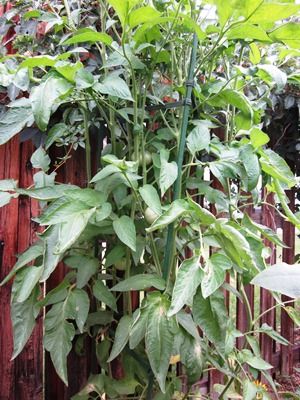

















Comments
Log in or create an account to post a comment.
Sign up Log in